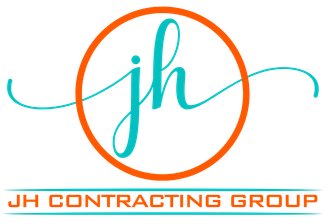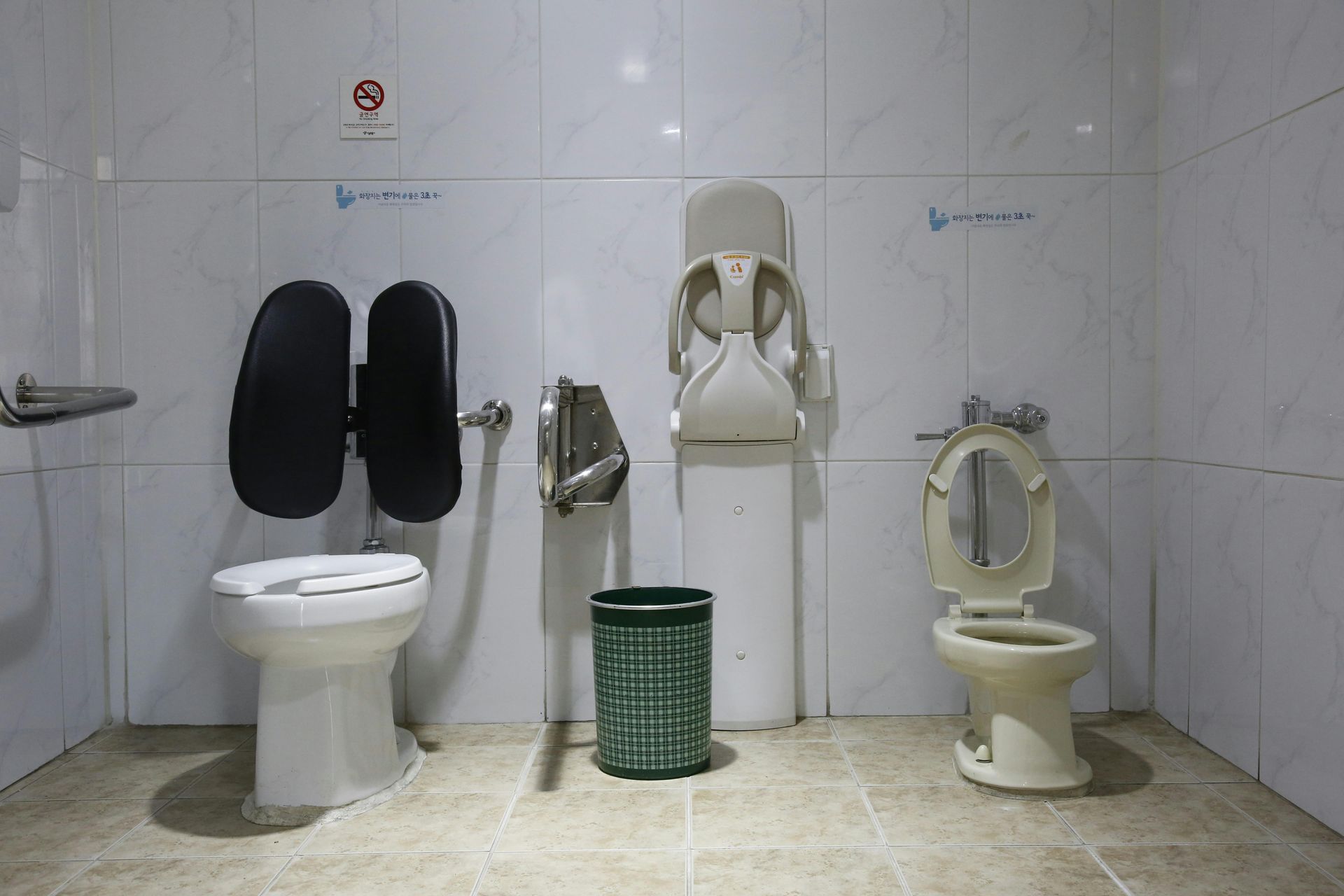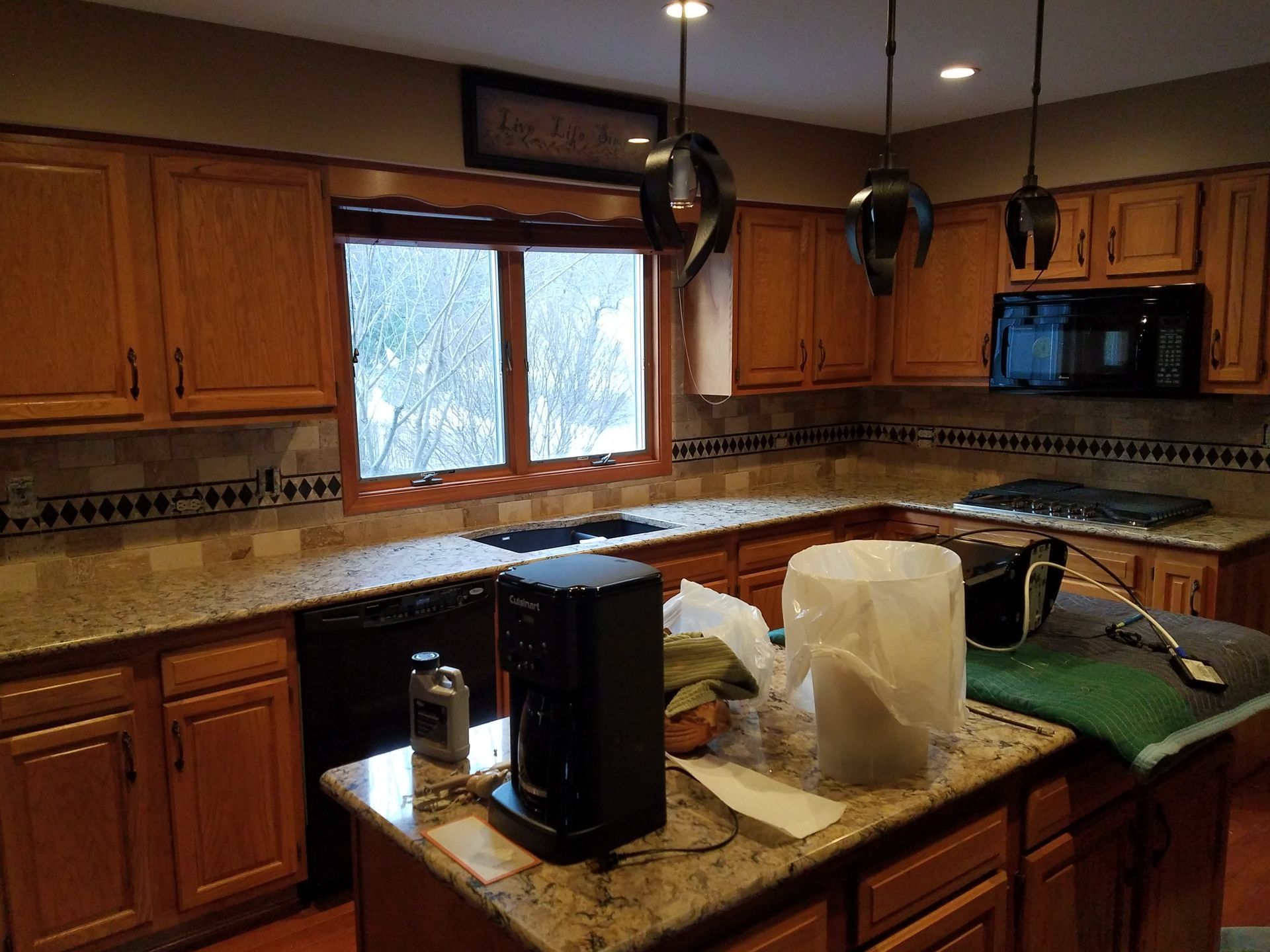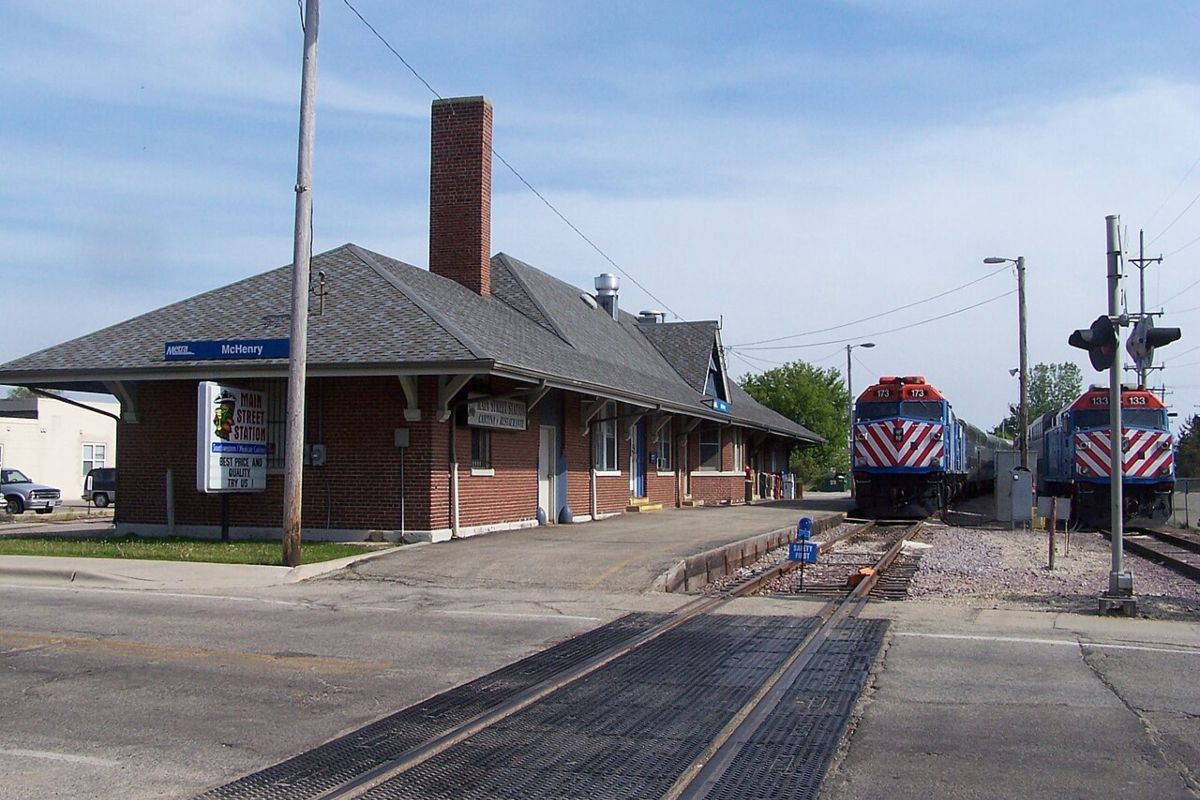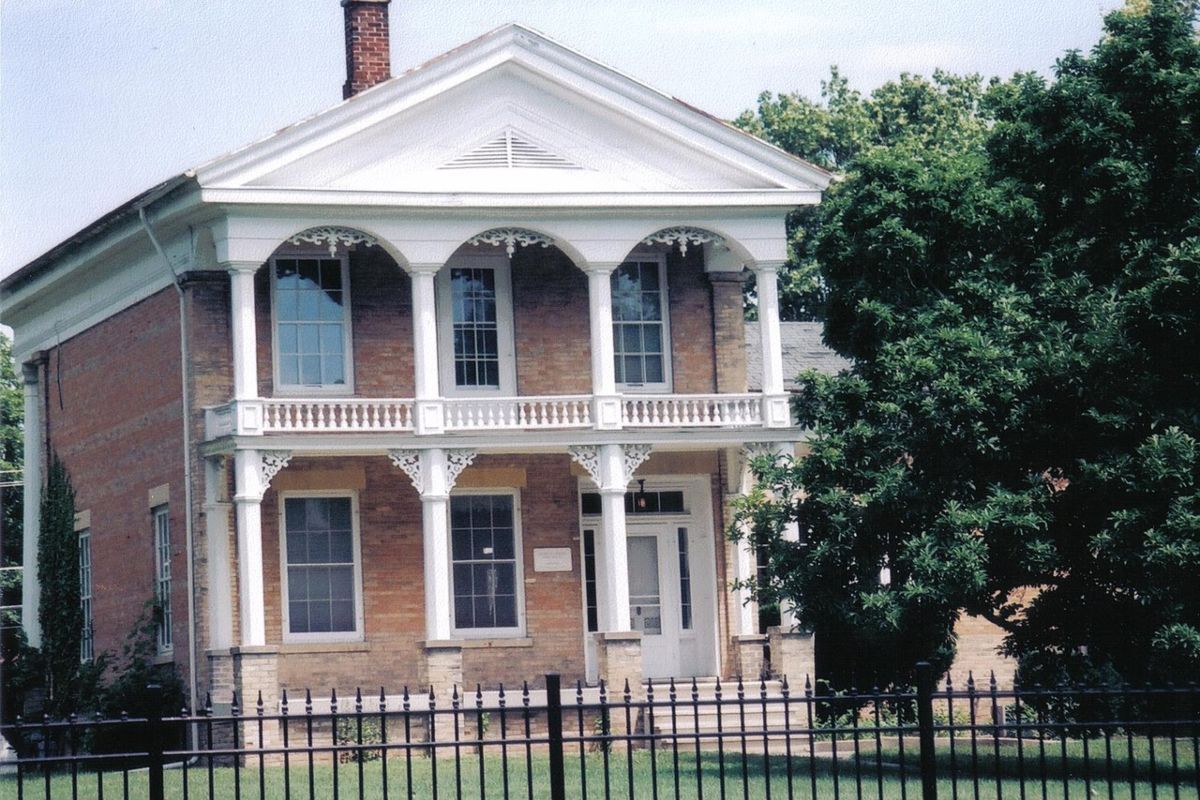What NAHB Code Means for Remodel Design Compliance
When it comes to remodeling your home—whether it’s your kitchen, bathroom, basement, or entire layout—design compliance is not just a formality. It’s a foundational aspect of any successful remodel that ensures safety, quality, and long-term value. For homeowners in McHenry, IL and the surrounding northwest Chicago suburbs, understanding the NAHB code is crucial when working with a remodeling contractor.
What is the NAHB Code?
The National Association of Home Builders (NAHB) is a respected authority in the home building and remodeling industry. It provides model codes, best practices, and technical standards to guide remodeling professionals in designing homes that are safe, functional, and aesthetically pleasing.
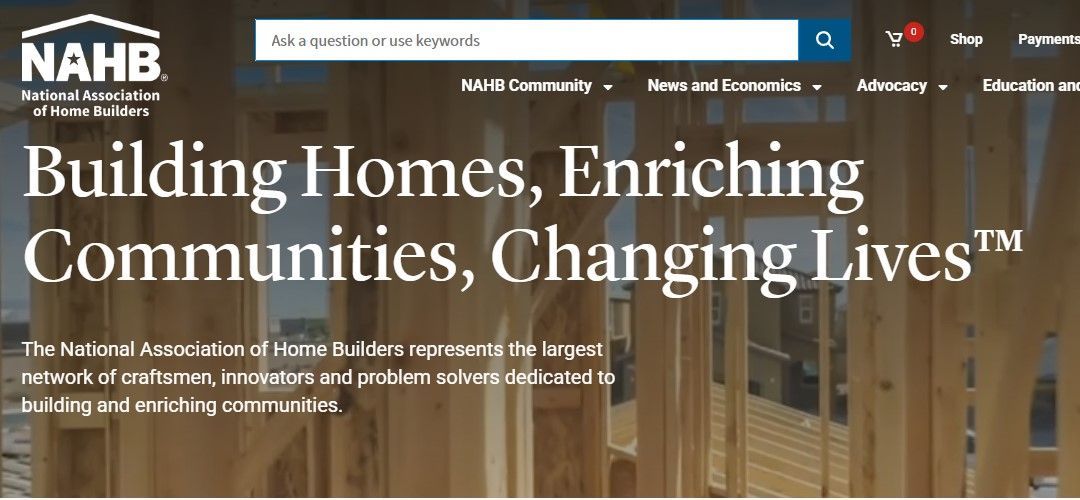
The NAHB’s guidelines align with national building codes such as the International Residential Code (IRC) and International Building Code (IBC). These model codes are referenced widely in residential design, and remodeling contractors use them to ensure compliance with zoning, structural integrity, accessibility, and energy efficiency.
Why NAHB Code Compliance Matters in Remodel Design
Code compliance is about building trust and creating a space that stands the test of time. Here are the key benefits of adhering to NAHB-aligned codes during a remodel:
1. Safety and Structural Integrity
Every remodel involves changes to load-bearing walls, electrical wiring, plumbing systems, or HVAC setups. The NAHB guidelines ensure that all these updates comply with structural and mechanical codes, which minimizes the risk of future failures or safety hazards.
For example, bathroom remodels must meet plumbing code standards regarding pipe slopes, venting, and water pressure. Similarly, kitchen remodels often require electrical upgrades that conform to the National Electrical Code (NEC)—another essential compliance area supported by NAHB principles.
2. Energy Efficiency and Sustainability
The NAHB code emphasizes the importance of green building practices. Remodel designs are encouraged to include energy-efficient lighting, insulation, low-flow plumbing fixtures, and sustainable materials. According to the U.S. Department of Energy, implementing these upgrades can reduce a home’s energy use by up to 30%.
Compliance in this area also helps homeowners become eligible for energy efficiency tax credits, making eco-friendly remodels financially appealing.
3. ADA and Universal Design
NAHB promotes universal design, which includes accessibility for all ages and abilities. If you're remodeling a bathroom or kitchen for aging-in-place or multigenerational living, your contractor should incorporate elements like grab bars, non-slip flooring, wider doorways, and lever-style handles. These design choices are aligned with ADA guidelines and ensure your home remains functional as your needs evolve.
4. Code-Compliant Room Additions and Layout Changes
From attic conversions to basement renovations and room additions, NAHB-based standards ensure proper ceiling heights, fire-rated assemblies, egress windows, ventilation, and natural lighting. According to the HUD Residential Rehabilitation Inspection Guide, code-compliant improvements are directly tied to increased property values and marketability.
How Remodelers Like JH Contracting Group Ensure NAHB Compliance
Professional remodelers don’t just build—they ensure every detail aligns with relevant codes and regulations. At JH Contracting Group, Inc., we prioritize code compliance through:
- Thorough site inspections and structural assessments before beginning any remodel
- Permit acquisition in compliance with local municipalities across McHenry County
- Use of licensed electricians and plumbers for trade-specific work
- Project supervision that aligns with local and national remodeling standards
- Collaboration with architects and engineers when necessary to ensure structural integrity

Our Areas of Expertise
- Kitchen remodels: Proper appliance spacing, GFCI outlets, ventilation, and cabinetry standards
- Bathroom remodels: Code-compliant plumbing fixtures, waterproofing, and accessibility upgrades
- Basement conversions: Egress requirements, insulation codes, and fire protection
- Room additions: Load calculations, energy codes, and HVAC considerations
We don’t just build beautiful spaces—we build them right.
Local Building Code Considerations in McHenry, IL
While the NAHB provides national standards, local municipalities enforce specific interpretations. In McHenry County and the greater northwest Chicago suburbs, remodeling projects are subject to building permit requirements and inspections based on the Illinois Plumbing Code, Illinois Energy Conservation Code, and municipal ordinances.
As a locally licensed contractor, JH Contracting Group navigates the code landscape in towns like Crystal Lake, Algonquin, Woodstock, and Johnsburg, ensuring all remodels are tailored to pass both state and local code inspections.
Ready to Remodel with Confidence in McHenry County?
When it comes to remodeling your kitchen, bathroom, basement, or any other part of your home, code compliance is non-negotiable. It’s the difference between a remodel that just looks good and one that is built to last, perform, and pass every inspection.
JH Contracting Group, Inc. brings craftsmanship, communication, and code compliance together for homeowners throughout McHenry, Crystal Lake, Johnsburg, Lake in the Hills, Algonquin, and beyond. If you're ready to partner with a remodeling contractor that prioritizes safety, compliance, and design excellence, we’re here to help.
Get in touch with us today for a remodeling consultation and start building a space that meets the highest standards—yours and the NAHB’s.
